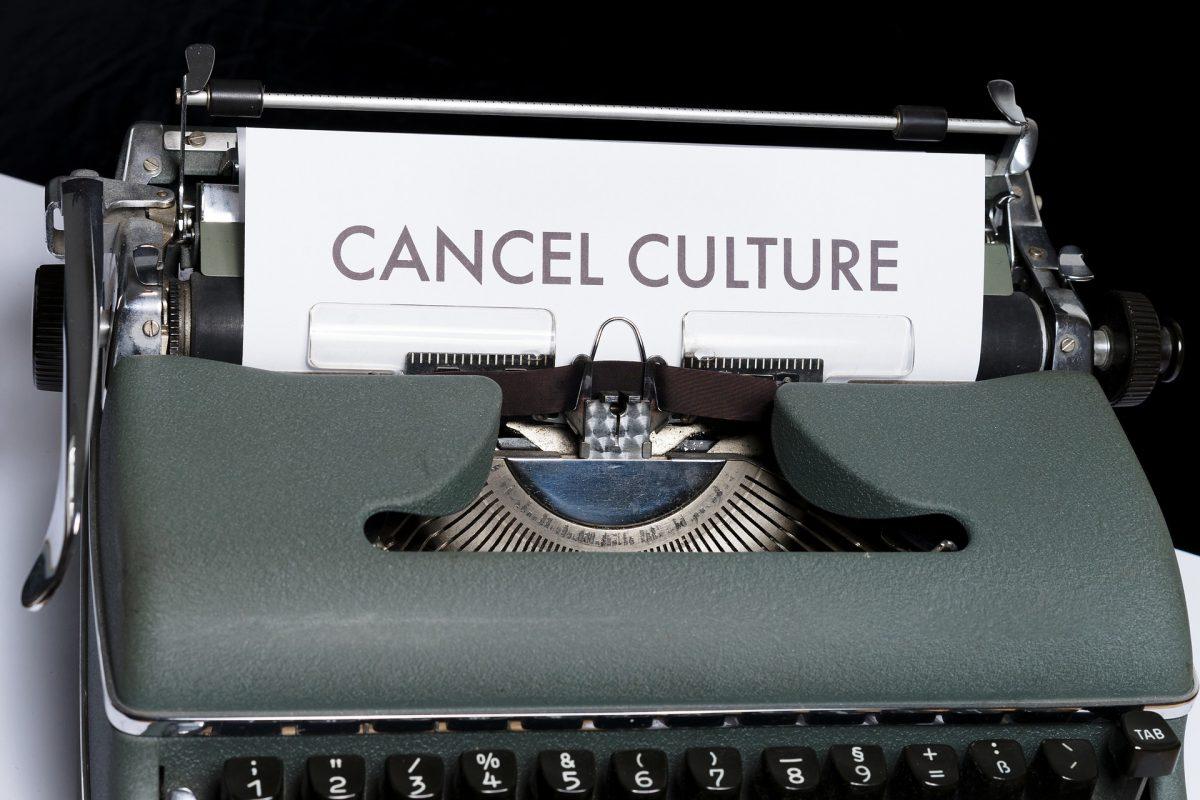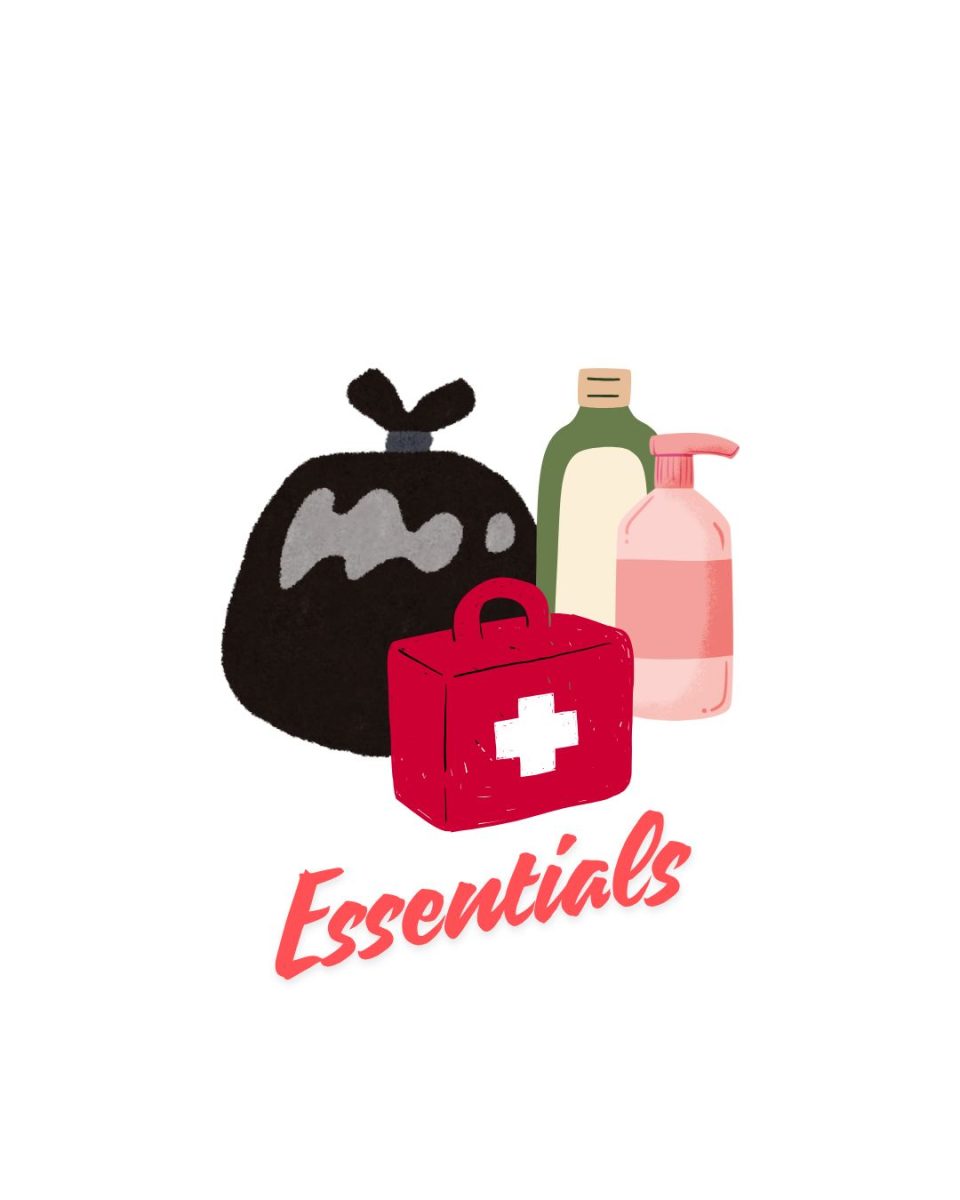What do you think of when you hear the phrase “cancel culture?”
We’ve all heard this famous phrase that basically means a prominent figure was blocked or shunned by society for doing something wrong or controversial. This typically happens after a celebrity or important public figure says or does something offensive. Then they are met with backlash with the intention of ending their career.
This concept rose to popularity in recent years on social media for its polarizing views from society. Some think of cancel culture as a way to censor what people can and cannot say. These people take the idea of cancel culture too seriously and think of it as a personal attack. They shared other insights such as the thought that cancel culture is also “erasing history.”
But the idea that cancel culture is “too much” or “annoying” is far from true. Cancel culture was only given a negative light because of political figures and some right-wing prominent figures.
However, with the rise of social justice, canceling someone has become more of a tool to combat offensive statements people make and hold them accountable for their actions. It became a way to help each other look better.
Cancel culture is a way to hold each other accountable for words we’ve said in the past and present.
One of the biggest downfalls or arguments to cancel culture is the idea that if someone said something 10 years ago that was offensive, why is it being brought up again? There’s this toxic idea that if it happened back then, why do we need to bring it up now?
I understand that it’s in the past, but in order to keep the same mistakes from happening, we need to correct the ones that happen. It doesn’t matter when someone says what. What matters is that they are held accountable for what they said.
One example we’ve had is of Harry Potter author, J.K. Rowling, who faced severe criticism for voicing transphobic beliefs. This made her one of the most known canceled individuals in the cancel culture debate. However, it’s 2021. It’s the future.
We’re not erasing history. Why are racism, homophobic, transphobic, etc. comments considered history? Why should we consider this history? That should not be accepted.
If you’re a celebrity or politician, you’re in no position to say anything that could get you “canceled” especially if you enjoy that career. Don’t say anything that would put yourself in a position to fail if you don’t want to lose your career.
We are living in a time where we’re unlearning the offensive stereotypes we’ve grown accustomed to. We’re going to make mistakes and have uncomfortable conversations, and that’s okay. What’s not okay is thinking that offensive comments can be shared without some sort of consequences.
We are not going to move forward as a nation if we continue living in the past. As a society, we need to step up and hold each other accountable.
For comments/questions about this story tweet @TheWhitOnline or email [email protected].
























































































































































!["Working with [Dr. Lynch] is always a learning experience for me. She is a treasure,” said Thomas. - Staff Writer / Kacie Scibilia](https://thewhitonline.com/wp-content/uploads/2025/04/choir-1-1200x694.jpg)









































